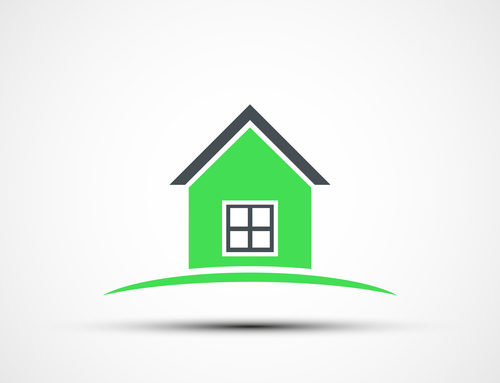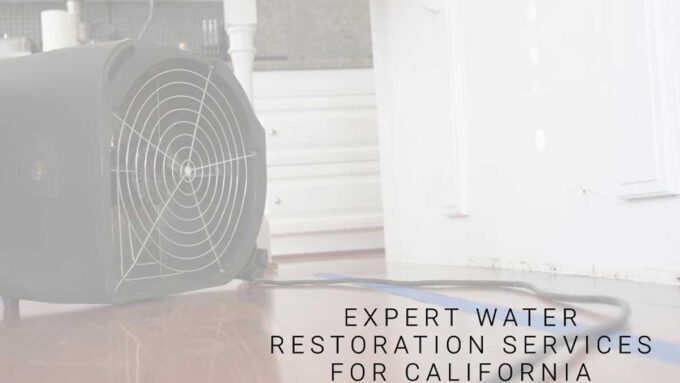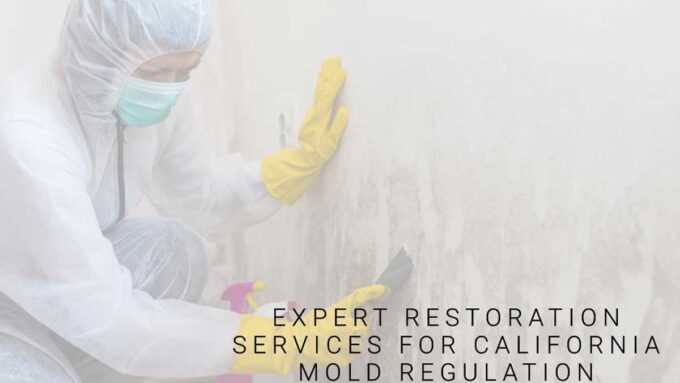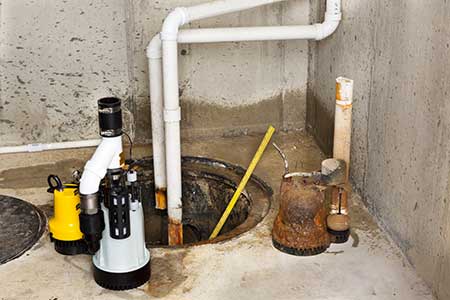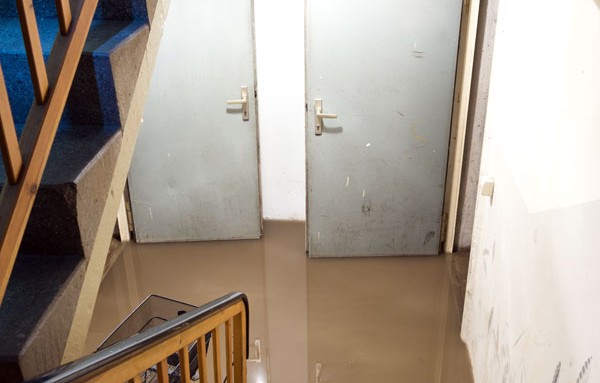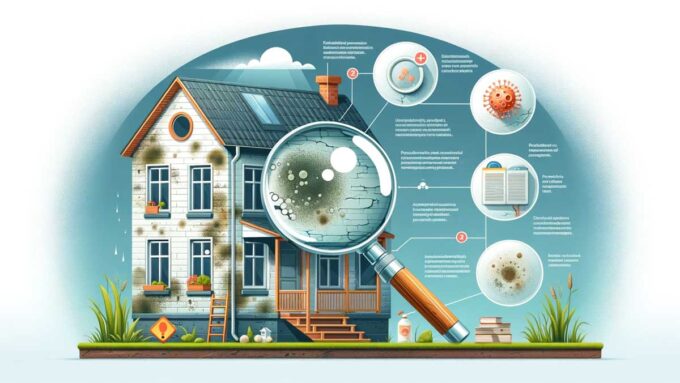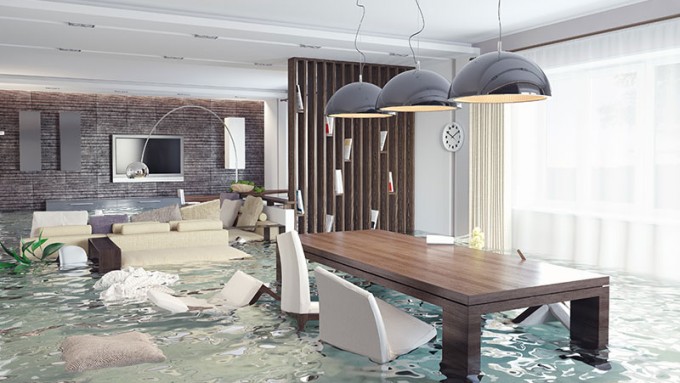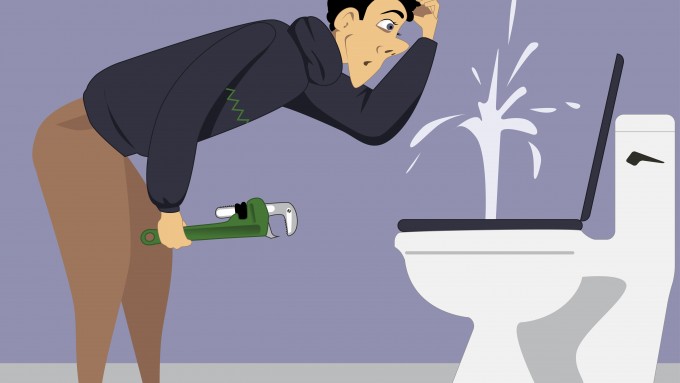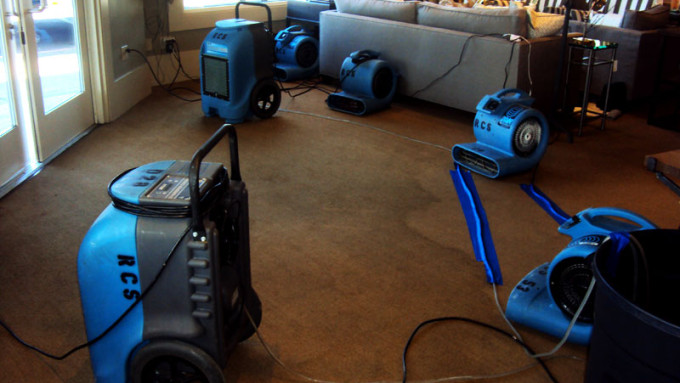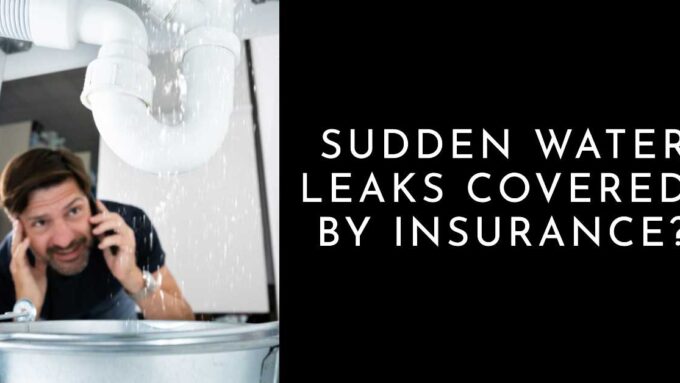There’s never a good time for a disaster to strike your home. You can, however, be prepared for when the unexpected happens. Here are action steps you can take now to better protect your home from disasters.
Routine Maintenance
When it comes to fire damage, most fires are caused by electrical malfunctions. Prevent fires from ever happening by making sure all electrical cords are in excellent condition. This is one thing duct tape can’t fix. If you have exposed wires, call an electrician to take care of the problem. Additionally, check to make sure all major appliances are plugged directly into wall outlets and not power strips or extension cords. For smaller electronics, invest in power strips that have surge protection.
Get your roof inspected regularly to insure that your roof is in excellent condition before bad weather hits. Keep your trees properly trimmed. Make sure branches are not hanging precariously over your roof. Keep your gutters clean as they help prevent foundation issues caused by oversaturation.
Regularly check for leaks in your pipes. If there’s a leak, call a plumber to take care of it. A little leak can cause a lot of damage over time. If you will be away from your home for an extended period of time, consider shutting your water off altogether and draining the water present in the pipes. You can also invest in covers for outdoor faucets and tube pipe insulation for exposed pipes inside of the home. Both are handy for preventing pipes from bursting due to frigid conditions.
Be Prepared
No matter how well you maintain your home, disaster can strike. Here are a few supplies and strategies to have on hand when those happen:
- Have a water and fire-proof safe for important documents.
- Know where the main water valve is for your home and how to properly shut it off. There’s nothing like coming home to water flowing from a burst pipe. It would be even worse if you didn’t know how to take care of it.
- Invest in a wet/dry vacuum. Having one of these on hand in the event of flooding decreases the chance of damage and mold. You’ll want to get to work right away pulling the water out of your home.
No one wants a disaster but there are ways to lessen the effects. If you keep your home properly maintained and have a few tools on hand when disaster comes knocking on your door, you’ll be prepared.

